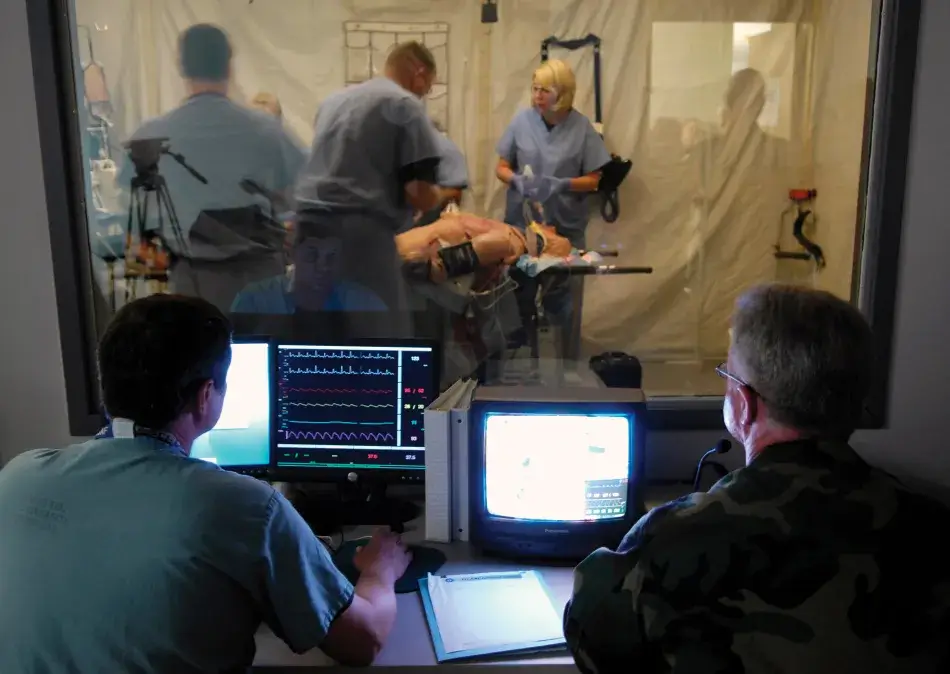Emerging Best Practices for Science During Crisis
Best practices can advance “mission-ready” capabilities and streamline the process of employing science during crisis. This includes best practices for funding, staffing, execution, analysis, communication, and archiving of the resulting science. Such practices must reflect a range of scientific disciplines and professional organizations, meet accepted ethical standards, and protect the rights of affected persons and communities.
Recommendations for Improving Best Practices
Federal, state, and local agencies should have available emergency funds for science during crisis. Expedited funding is necessary to enable rapid deployment and capture ephemeral and time-critical data. Dedicated funding should be set aside for research during emergency response. Administrative requirements within government agencies, universities, and other institutions should be flexible enough to enable rapid deployment of funds for science during crisis.13
The emergency-response and scientific communities should expand joint training and outreach/education. Mutual understanding of well-articulated priorities, protocols, practices, and responsibilities will improve the capacity of emergency managers and scientists to coordinate activities and work safely. For some dimensions of training, such as ethics and community engagement, this may require the development of new standards and best practices. Opportunities for joint training include scenario-building and emergency response exercises.14

At the onset of a crisis, a central curated clearinghouse developed in advance should be activated to collect, disseminate, and coordinate relevant scientific information. Access to information during crises facilitates research. In addition, emergency managers can leverage available information to improve situational awareness, facilitate decisions, and inform the public. The optimum set of information should include existing baseline data, data collected during the crisis, decision-support tools, standardized tools for rapid data collection, models, forecasts, and preexisting research literature. Appropriate protocols should be put in place to ensure data security, particularly protection of personally identifiable information.